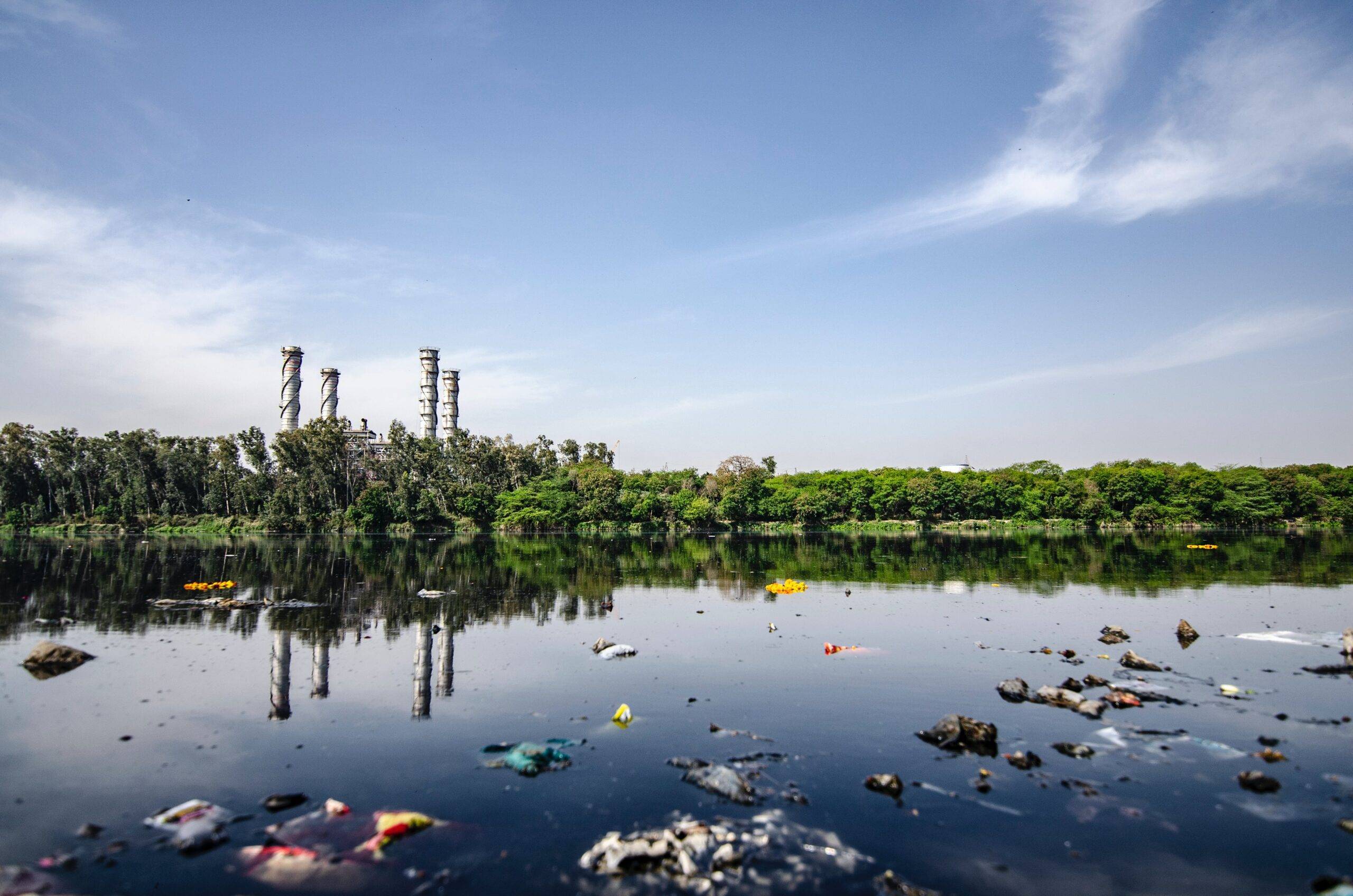India Could Benefit More From Cleanliness Than Working 70 Hours a Week

India’s path to a better economy might not be in working longer hours, as suggested by N R Narayana Murthy, but rather in keeping our surroundings clean. A study reveals that as people work more hours, they become less productive, challenging the idea that long work hours lead to better outcomes. Looking at Iceland’s experiment with a 4-day workweek, it’s evident that employees were not only happier but also more productive. Studies suggest that prioritizing a cleaner India could unlock economic prosperity far greater than any grueling overtime policy.
The World Bank report estimates that inadequate sanitation costs the Indian economy a staggering $53.8 billion. This economic burden encompasses healthcare expenses, lost productivity, and environmental damage, making a compelling case for a shift in national priorities towards cleanliness. Another study delves into the effect of urban cleanliness on tourist satisfaction and destination loyalty, revealing that cleanliness significantly influences overall experience and willingness to return.
India’s waste management infrastructure is often inadequate to handle the large volumes of waste generated daily. Many cities lack efficient waste collection, segregation, and disposal systems. Inadequate infrastructure leads to improper waste disposal, open dumping, and insufficient recycling facilities, contributing to unhygienic conditions.
There is often a lack of awareness about the importance of cleanliness and proper waste disposal among the general public. Educational campaigns may not always reach or resonate with all segments of the population, leading to inconsistent adherence to cleanliness practices.
Poor cleanliness and inadequate sanitation in India pose significant health risks. Unsanitary conditions, such as open defecation and improper waste disposal, contribute to the spread of infectious diseases, including diarrhea, cholera, and typhoid. Contaminated water sources and inadequate sanitation facilities can lead to outbreaks of waterborne diseases, particularly in densely populated and underdeveloped areas.
Pollution also exacerbates health issues, with particulate matter and other pollutants affecting respiratory health. High levels of air pollution, caused by industrial emissions, vehicle exhaust, and burning of waste, contribute to respiratory problems such as asthma and chronic obstructive pulmonary disease (COPD). The overall burden on public health systems is significant, with increased healthcare costs and reduced quality of life for affected individuals.
The environmental consequences of poor cleanliness are severe, impacting both natural ecosystems and human habitats. Pollution of water bodies with untreated sewage and industrial waste leads to the degradation of rivers, lakes, and other water sources. This contamination affects aquatic life and disrupts ecosystems, leading to the loss of biodiversity and the decline of fish populations, which are crucial for both ecological balance and local economies.
Soil pollution from improper waste disposal and the use of harmful chemicals in agriculture can lead to the contamination of land, affecting agricultural productivity and the health of plant and animal life. The accumulation of plastic waste and other non-biodegradable materials further exacerbates environmental damage, contributing to land degradation and visual pollution.
Countries around the world have implemented various strategies to transform and improve cleanliness, resulting in significant advancements in public health, environmental sustainability, and urban development. Here are some notable examples of how different countries have achieved these transformations.
How does Singapore attract tourists?
Singapore’s transformation is a notable example of rapid and successful urban and economic development. In the early 1960s, Singapore faced significant challenges as a newly independent nation with limited resources and a lack of natural resources.

Singapore’s clean and safe image stands as a beacon in attracting tourists from around the world. Renowned for its immaculately maintained streets, lush green spaces, and stringent safety measures, Singapore has positioned itself as a global destination synonymous with cleanliness and security. This dedication to cleanliness not only enhances the overall aesthetic appeal but also contributes significantly to the well-being of residents and visitors alike. Moreover, Singapore’s reputation for safety is a testament to its efficient law enforcement and strict regulations, fostering an environment that allows tourists to explore with confidence.
A case study on Sweden serves as an exemplary model for transitioning from a linear waste economy to a circular one. Sweden’s approach minimizes waste and maximizes resource efficiency. This innovative approach not only minimizes environmental harm but also fosters resource efficiency and creates jobs – precisely what India needs to fuel sustainable growth. Imagine transforming mountains of waste into resources, generating employment, and empowering a green economy.
Economic advantages are closely tied to cleanliness. Efficient waste management and sanitation contribute to a productive workforce by reducing health-related absences and improving overall worker productivity. Moreover, a clean environment attracts tourists and investors, boosting the tourism and business sectors. Countries with well-maintained infrastructure and public spaces are often seen as more desirable destinations for investment and tourism, leading to economic growth and development.
A nation’s cleanliness contributes to its global image and reputation. Countries known for their cleanliness and effective sanitation practices often garner respect and admiration on the international stage. This positive image can enhance diplomatic relations, encourage international cooperation, and attract global investments. A clean nation is perceived as a responsible and progressive entity, which can lead to various opportunities and benefits on the global platform.
A cleaner environment boosts the pride of the people, brings in foreign investments, and makes cities better places to live. India currently lacks a well-developed waste management industry, but this presents a significant opportunity for growth.
By investing in and fostering the growth of the waste management sector, India can not only address its cleanliness challenges but also tap into an industry with immense economic potential. By emphasizing cleanliness over extended working hours, there is an opportunity to create a more sustainable and resilient economic foundation, ensuring long-term prosperity for the nation.
Read More: Study Shows Recovery from the Great Depression Linked to Abandoning Gold Standard
Stay informed with Decode Today! Subscribe for the latest updates on global news, businesses, market trends, technology, and the economy.

Upgrade Your TradingView Plan
- ✓ Set multiple price or indicator alerts.
- ✓ Rewind and replay past market data and run backtests to simulate trades.
- ✓ Access high-performance strategies and indicators shared by top traders.
- ✓ Unlock custom timeframes, multi-chart layouts, and add more indicators.
Claim $15 bonus and 1 month free trial if you join now.
Claim $15 Reward Now